“One of the symptoms of an approaching nervous breakdown is the belief that one’s work is terribly important.” – Bertrand Russell Are you overwhelemed and overworked? Burning the candle on both ends?
Several years ago, I had breakfast with Dr. Ivan Misner and his wife Beth. Ivan founded BNI, one of the world’s largest networking organizations. His wife Beth is author of Healing Begins in the Kitchen.
While getting caught up, I told them about all the different business activities I had going on.
Ivan said, “Sam, sounds like a full calendar. What do you do for fun?”
I told him, “I agree with Katherine Graham of the Washington Post. She said, ‘To do what you love and feel that it matters; how could anything be more fun?’ The only thing that could be more fun is to do work we love, feel it matters and do it with people we enjoy and trust. That’s what I get to do.”
He paused and then said, “Sam, I think you’re dodging the question. What do you do just for fun?”
Long pause. I finally came up with, “Hmmm, well, I walk my dog around the lake.”
He just looked at me. He didn’t even have to say anything. Even then I knew that was a pathetic answer.
I’m not alone with being too busy to have fun.
An excellent 2014 Time.com article by Eric Barker reported that in surveys, people say they’re “too busy to make friends outside the office, too busy to date, sleep, have lunch, even too busy to have sex.”
Why are we doing this to ourselves? Why are we letting work run our life?
Why, when someone asks, “How are you doing?” is the first word out of our mouth often ... “Busy.”
Is it because we need to feel productive, important, useful?
Probably all of that.
But there’s something else going on.
Some of us are afraid to have fun.
It seems frivolous. Indulgent. Like we don’t have anything “better” to do with our time.
Somewhere along the line we got the message that fun is something we do only when our work is done.
Since, for many of us, our work is never done, that leaves no time for fun.
Some people call this the Puritan or Protestant Work Ethic.
Dr. David Burns defines this as the belief that “My worth as a human being is proportional to what I have achieved in my life.’ That may sound innocent, but it is ultimately counterproductive and toxic because it means our work ethic determines whether we feel we’ve earned personal worth and the right to be happy.
Sound like anyone you know?
All I know is that the conscious or subconscious belief that “Work is the holy grail and the secret sauce to success" is having a devastating impact on our health, relationships and quality of life.
That is not just my opinion.
Study after study shows the devastating impact of working longer hours, taking work home with us, of being so consumed with our job that “52% of us don’t take our full paid vacation.”
I’m not making that up. That’s a confirmed statistic reported by CNBC.
The author of that Time.com article, Eric Barker, interviewed many psychologists who told him their burned-out clients can’t shake the notion that the ‘busier they are, the more they’re thought of as competent, smart, successful, admired, even envied.’”
The toll of that kind of thinking?
Dr. Ed Hallowell, former Harvard University Professor and author of Driven to Distraction, says he’s witnessed an upsurge of the number of people who complain of being chronically inattentive, disorganized and overbooked. Many come to him wondering if they have ADD. He says, "While some do, most do not. Instead, they have what I called a severe case of modern life.”
What I know personally is that back then, (before I launched my Year by the Water), I didn’t have any time, energy or bandwidth left over for friends, hobbies and sports.
The answer to this?
Free up time for fun.
Play dates aren’t just for kids.
Figure out what puts the light on in your eyes and bring it back into your life.
Get crystal clear about what makes you happy, what helps you laugh and love life, and schedule it on your calendar.
To help you do that - because it may mean overcoming years of habitual workoholism - I’ve curated my favorite quotes about the importance of freeing up time for fun.
You might want to print these out and post them where you’ll see them every day.
Next time you’re about to postpone that family vacation or date night because you’re overloaded with “work,” ask yourself, "What is most important to me? What will matter in the long run?"
Next time you’re about to cancel a walk in a park, a hike in Nature, playing a sport, engaging in a hobby or spending time with friends because you’re “too busy,” look at these quotes and honor that play date.
Remember the saying from years ago, “No one on their deathbed ever said, ‘I wish I’d spent more time at work?’”
Keep that in mind next time you’re about to choose your job over joy. Remember what the Buddha said, "The thing is, we think we have time." Spend your valuable time on what will make you feel most alive.
Have you overcome a compulsion to be busy? Have you created a better balance between work and play? Plese share your experience. I know I'd love to hear it and so would others. Who knows? Your insights may be the right words at the right time for someone to get clarity about this important issue.
Quotes to Remember that Fun isn’t Frivolous, It’s the Secret Sauce to Health and Happiness
1. “Never underestimate the importance of having fun. I am going to have fun every day I have left. You have to decide whether you’re a Tigger and or Eyore.” –Randy Pausch, The Last Lecture
2. “Work without love is slavery.” – Mother Teresa
3. “Of all the things that truly matter, getting more things done is not one of them.” – Mike Dooley
4. “This is the real secret of life – to be completely engaged with what you are doing in the here and now. And instead of calling it work, realize it is play.” – Alan Watts
5. “At the end of the day, if I can say I had fun, it was a good day.” – Simone Biles
6. “Laughter is the closest distance between two people.” – Victor Hugo
7. “If you want things to be different, perhaps the answer is to be different yourself.” – Norman Vincent Peale
8. “Everybody needs beauty as well as bread, places to play in and pray in, where nature may heal and give strength to body and soul.” – John Muir
9. “Finding your passion isn’t just about careers and money. It’s about finding your authentic self. The one buried under everyone’s else’s needs.” – Kristin Hannah
10. “Fun is one of the most underrated ingredients in any successful venture. If you’re not having fun, it’s probably time to call it quits and try something else.” – Richard Branson
11. “Success is not about obtaining money or stuff. It is absolutely about the amount of joy you feel.” – Esther Hicks
12. “We don’t stop playing because we get old. We get old because we stop playing.” – George Bernard Shaw
13. “The truth is, existence wants your life to be a festival.” – Osho
14. “If you can laugh at it, you can live with it.” – Erma Bombeck
15. “In the name of God, stop a moment, cease your work, look around you.”- Leo Tolstoy


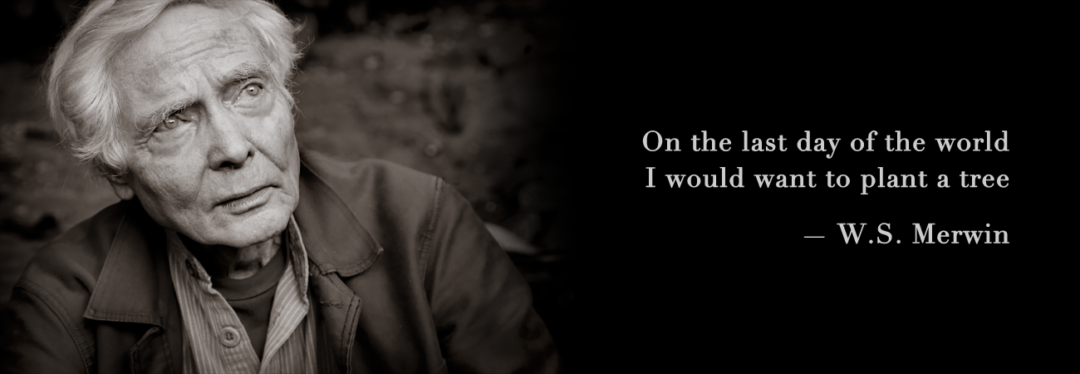
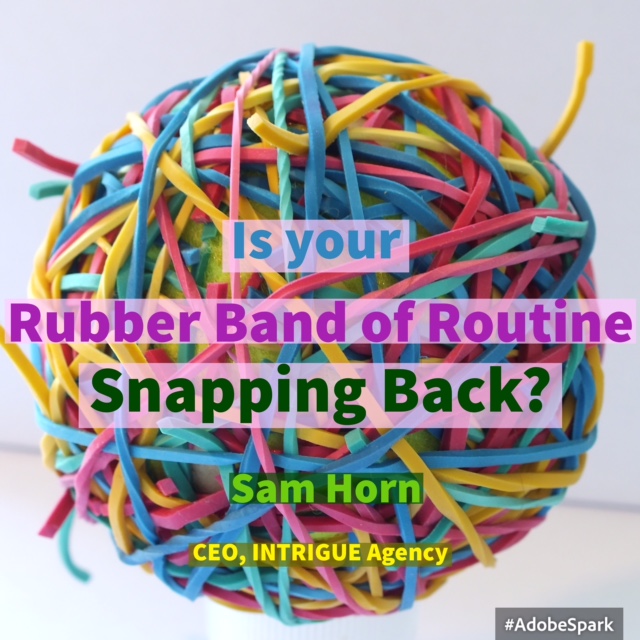
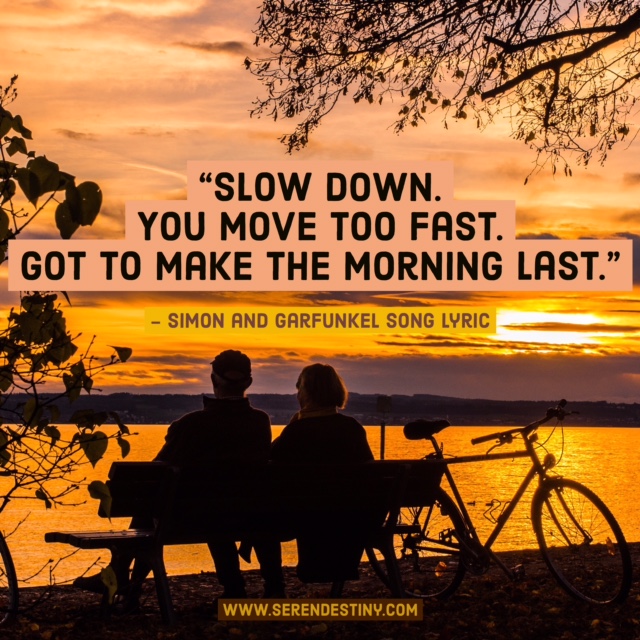
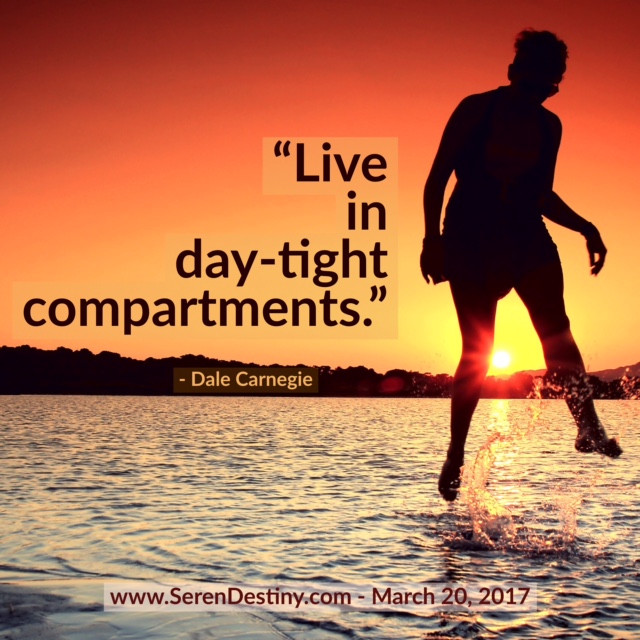
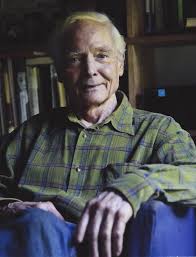

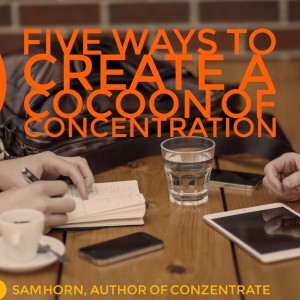

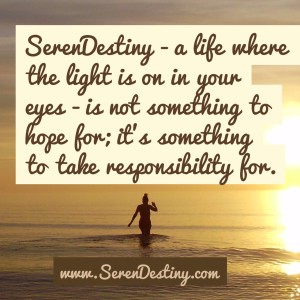
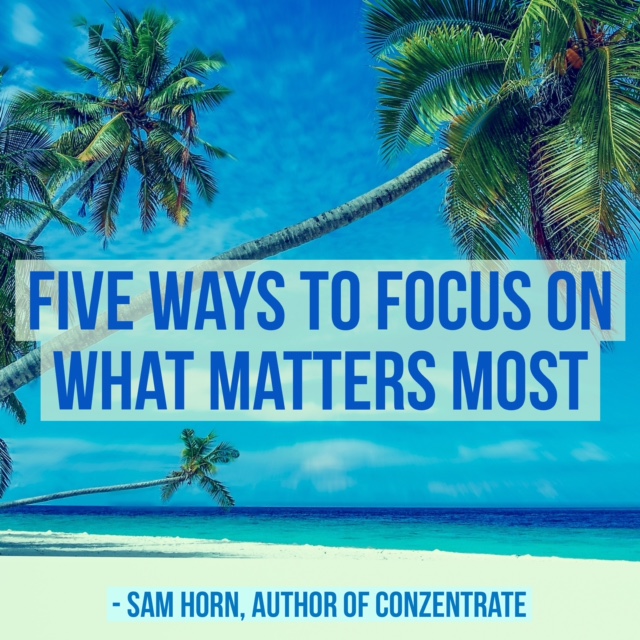
 Well, being here in
Well, being here in 